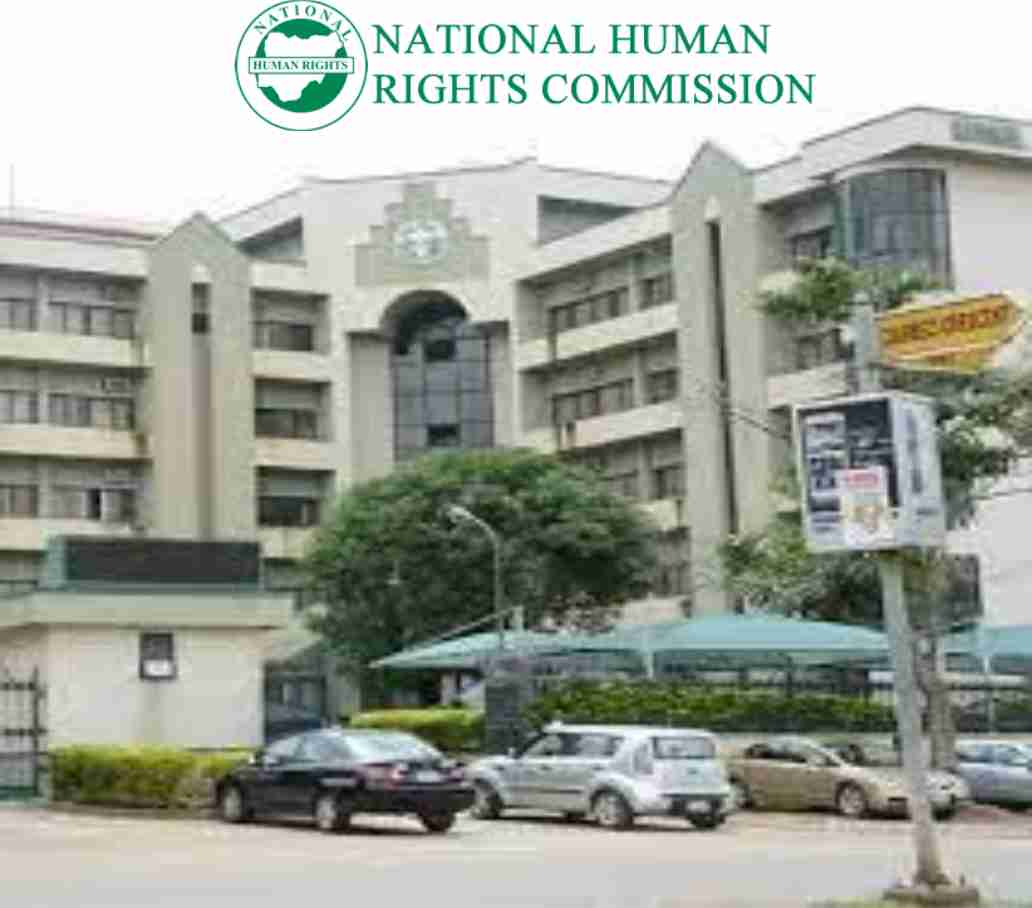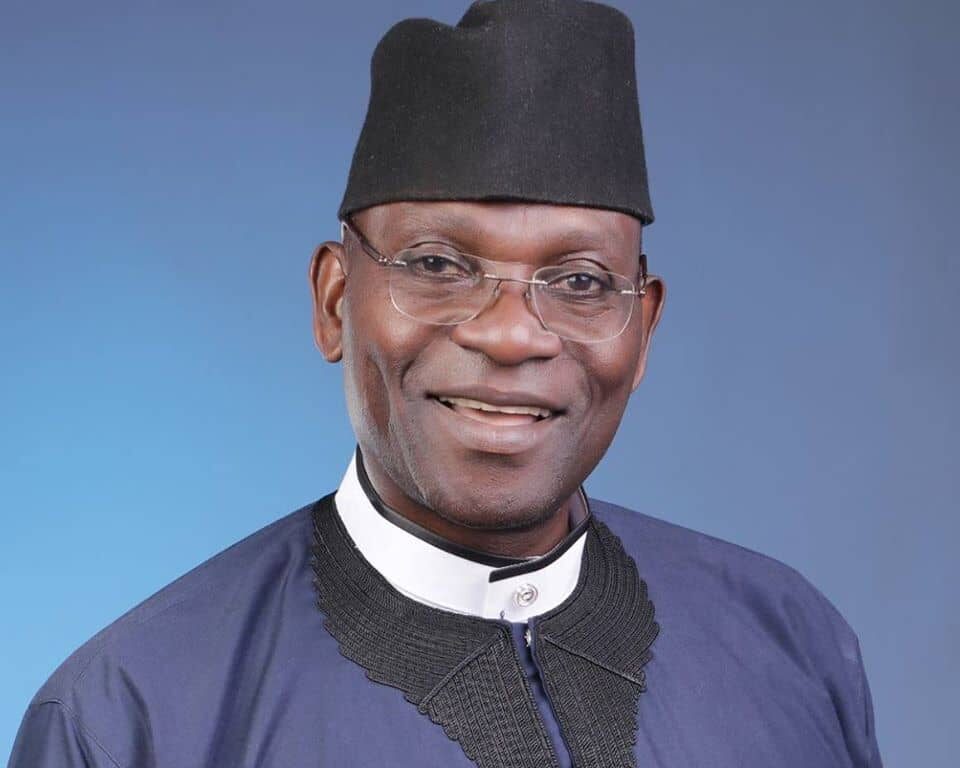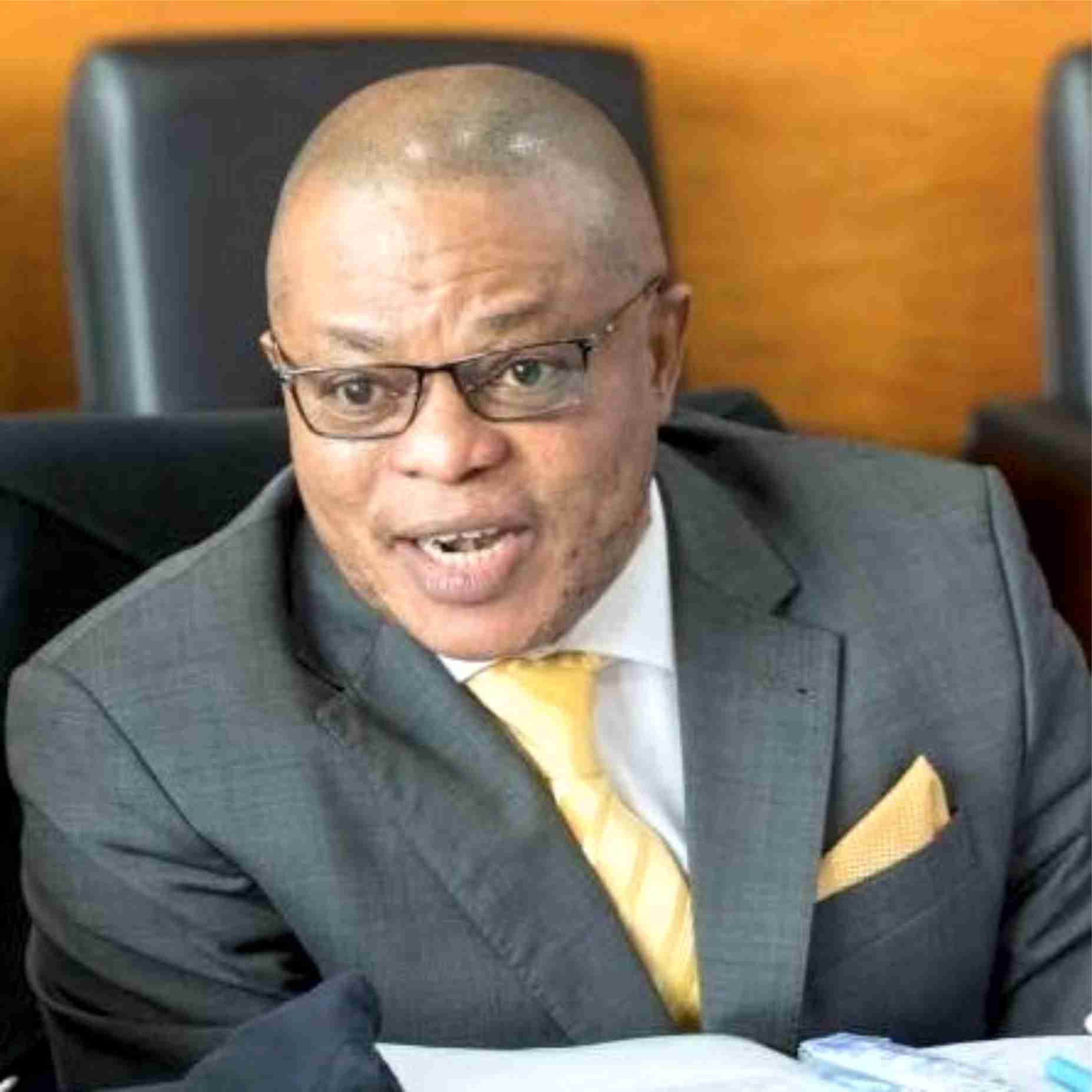The National Human Rights Commission (NHRC) of Nigeria stands as a beacon of hope and justice, dedicated to the promotion, protection, and enforcement of human rights across the nation. Established in 1995, the NHRC has been at the forefront of addressing human rights violations and fostering a culture of respect for human dignity in Nigeria.
The NHRC was established by the National Human Rights Commission Act of 1995, in line with the United Nations General Assembly Resolution 48/134, which calls on member states to create independent national institutions for human rights. The Commission serves as an extra-judicial mechanism for the respect and enjoyment of human rights, providing avenues for public enlightenment, research, and dialogue on human rights issues.
The NHRC’s mandate is broad and multifaceted, encompassing the monitoring of human rights, investigation of complaints, and provision of redress for victims of human rights violations. Key functions of the NHRC include:
Monitoring and Reporting: The NHRC monitors human rights situations across Nigeria, documenting violations and making recommendations to the government for policy reforms.
Complaints Handling: The Commission receives and investigates complaints from individuals and groups regarding human rights abuses. It provides remedies and ensures that justice is served.
Public Enlightenment and Education: The NHRC conducts public awareness campaigns, seminars, and workshops to educate citizens about their rights and how to protect them.
Advisory Role: The Commission advises the government on human rights issues and collaborates with international bodies to align Nigeria’s human rights practices with global standards.
Over the years, the NHRC has made significant strides in promoting human rights in Nigeria. Some notable achievements include:
Human Rights Advocacy: The NHRC has been instrumental in advocating for the rights of vulnerable groups, including women, children, and persons with disabilities. It has played a key role in the enactment of laws such as the Child Rights Act and the Violence Against Persons (Prohibition) Act.
Conflict Resolution: The Commission has been involved in mediating conflicts and addressing human rights violations in crisis-prone areas, such as the North-East region affected by insurgency.
International Collaboration: The NHRC collaborates with international organizations, including the United Nations and the African Commission on Human and Peoples’ Rights, to enhance its capacity and effectiveness in human rights protection.
Despite its achievements, the NHRC faces several challenges, including limited funding, political interference, and the complexity of human rights cases. However, the Commission remains resilient, continuously seeking innovative ways to fulfill its mandate.
Looking ahead, the NHRC aims to strengthen its institutional capacity, enhance public trust, and expand its reach to ensure that every Nigerian enjoys their fundamental human rights. The Commission’s vision is to create a society where human rights are universally respected and protected.
The National Human Rights Commission of Nigeria is a vital institution in the country’s human rights landscape. Through its dedicated efforts and unwavering commitment to justice, the NHRC continues to champion the cause of human rights, striving to build a more just and equitable society for all Nigerians.





